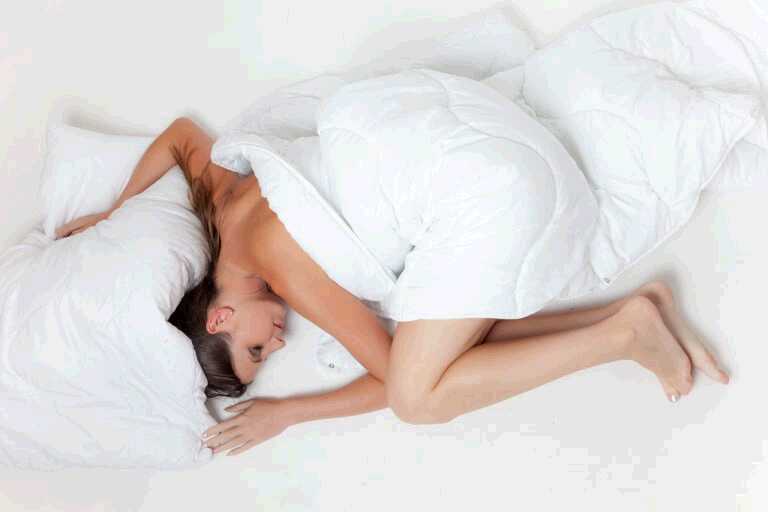
Can sleep have an impact on your blood sugar levels?
Apparently yes.
The Study
Earlier this year, a team of Malaysian researchers reported that sleep could swerve the level of HbA1c in the wrong direction in patients with type 2 diabetes. Specifically, levels of HbA1c of people who had less than 4 ½ – 6 hours of shut-eye hike up by 0.23%. Those who had more than 7 hours of sleep experienced a raise as well, albeit less intense (0.13%).
“The accumulated evidence suggests that short and long sleep duration is significantly associated with higher HbA1c levels, indicating poorer glycemic control compared to normal sleep duration”, reported the authors of the study.
Why?
The authors explained that a lack of sleep can mess with your ability to use insulin (insulin resistance) as well as appetite-controlling hormones. (In other words, you might have a higher tendency to splurge on food, particularly junk food).
In the recent Diabetes Forecast issue, Eve Van Cauter, Ph.D., expert in sleep medicine, shared with readers how a rough night of sleep can do more than just putting you in a grumpy mood. She explained that a short amount of sleep simulates a stressful situation for the body, causing it to release blood sugar-raising stress hormones (e.g. cortisol).
How Much?
According to the National Sleep Foundation, people who are between the ages of 26 to 64 should get seven to nine hours of sleep.
If you are having trouble sleeping, we invite you to visit the National Sleep Foundation web page for some valuable tips.
References:
Tsai A. Goodnight Glucose – The Link between poor sleep and blood sugar control. Diabetes Forecast. 2016;69(4):18-21.
How Much Sleep Do We Really Need? National Sleep Foundation. URL Link. Accessed September 13, 2016.
